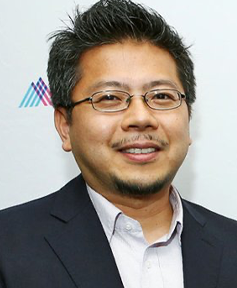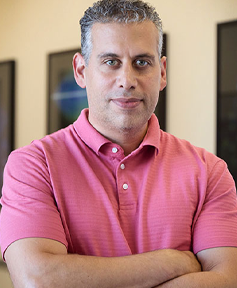
This T32 training grant supports an integrated pre/postdoctoral program of Training in Social Neuroscience Research for late-stage graduate students and early-stage postdoctoral fellows interested in pursuing careers in the neurobiology of social processing. The overarching goal of our unified and integrated Training Program is to provide rigorous, broad-based, individualized, and multidisciplinary training with enhanced opportunities for mentoring, collaboration, and career development for predoctoral students and postdoctoral fellows in social neuroscience research relevant to neuropsychiatric disorders. The program serves as a model to formalize the strategies and themes that guide our approach to training, key among them opportunities for bidirectional education, training, and mentoring across our department and the Icahn School of Medicine at Mount Sinai. Trainees participate in an integrated program of coursework, laboratory training, testing/evaluation, training activities, teaching opportunities, mentoring, and career development activities.
While focusing on training in basic social neuroscience research, the Training Program exposes students to the range of basic, translational, and clinical scientific approaches and model systems represented at Mount Sinai, from structure/function analysis of individual synapses; to computational modeling of gene, protein, and connectivity networks in healthy and diseased brains; to behavioral, electrophysiological, and imaging studies of a variety of organisms, including humans. The program leverages our expansive basic research in the social neurosciences and strong clinical programs in Psychiatry, Neurology, and Neurosurgery, and facilitates and encourages the interaction of investigators with complementary approaches and backgrounds. Training Faculty are united by a general thematic focus: investigating how molecular/epigenetic phenomenon and synaptic/neural plasticity influence circuit development or function to control social behavior impaired in neurological and psychiatric disease. Mount Sinai offers among the best programs in the country for studying mental health and psychiatric disease across the spectrum of research, from basic science to preclinical models, to clinical research.
Directors
Hirofumi Morishita, MD, PhD
Professor
Psychiatry, Neuroscience and Ophthalmology
Scott J Russo, PhD
Professor
Director of the Center for Affective Neuroscience and the Brain-Body Research Institute at the Icahn School of Medicine at Mount Sinai
Trainees
Samuel Allen
MD/PhD student
samuel.allen@icahn.mssm.edu
Morishita Lab
My research is focused on understanding the developmental mechanisms that regulate cognitive circuit maturation in both health and disease. During juvenile development, circuits refine their connectivity and properties to produce adult cognitive behavior, but this period of refinement is also vulnerable to disruption from various disease factors. My project investigates frontal-visual project neurons that undergo developmental refinement during adolescence which is disrupted in Fragile X syndrome model mice. My aim is to determine how this altered development affects circuit function and to evaluate the effects on attention and social behaviors.
Veronika Kondev, PhD
Postdoctoral Fellow
veronika.kondev@mssm.edu
Nestler Lab
My project uses a combination of calcium imaging, behavior, and molecular techniques to answer the following questions: 1) How does cocaine experience alter activity of vHPC dopaminoceptive cells? 2) How do vHPC dopamine receptor expressing 1 (D1) and 2 (D2) neurons integrate cue representations to promote reinforcement/aversion? 3) What are the molecular and circuit mechanisms by which D1 and D2 neurons exert their effects? 4) How do endocannabinoids modulate D1- verse D2-driven behaviors? Veronika aims to study the neuronal and circuit mechanisms through which dopamine modulates vHPC-dependent behavior, with implications for understanding critical features of SUD formation and motivated behavior, and the role of endocannabinoids in modulating these effects.
Upcoming speakers
2/13/25
Brielle R. Ferguson, PhD
F.M. Kirby Neurobiology Center, Boston Children’s Hospital
3/13/25
Jessica Walsh, PhD
UNC


